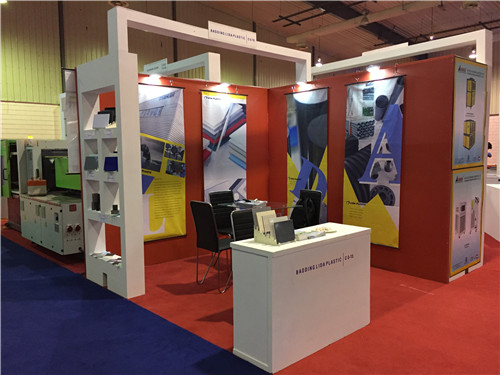nov. . 25, 2024 17:53 Back to list
hdpe drip pipe
Understanding HDPE Drip Pipes A Comprehensive Guide
High-Density Polyethylene (HDPE) drip pipes have become an essential component in various irrigation systems, particularly in regions where water conservation is vital. These pipes facilitate efficient water delivery directly to the plant roots, minimizing waste and maximizing growth potential. This article delves into the advantages of HDPE drip pipes, their applications, and considerations for their use.
What is HDPE?
High-Density Polyethylene (HDPE) is a thermoplastic polymer known for its high strength-to-density ratio. This material is particularly valued in agricultural and industrial applications due to its durability, flexibility, and resistance to various chemicals and environmental factors. When utilized in drip irrigation systems, HDPE pipes offer a reliable solution for effective water management.
Advantages of HDPE Drip Pipes
1. Water Efficiency The primary benefit of HDPE drip pipes is their ability to conserve water. By delivering water directly to the root zone, these pipes significantly reduce evaporation and runoff, ensuring that plants receive the moisture they need without excessive waste. This is particularly crucial in arid regions where water is scarce.
2. Cost-Effectiveness While the initial investment in HDPE drip systems can be higher than traditional irrigation methods, the long-term savings on water usage, labor, and fertilizer make them a cost-effective option. Farmers can achieve higher yields with less input, resulting in increased profitability.
3. Durability HDPE pipes are designed to withstand harsh environmental conditions. They are resistant to corrosion, UV radiation, and various soil chemicals, ensuring a long lifespan. This durability translates into lower maintenance costs and fewer replacements over time.
4. Flexibility HDPE material is flexible, allowing for easy installation and adaptation to varying land shapes and elevations. This versatility means that farmers can design custom irrigation layouts that suit their specific agricultural needs.
5. Environmental Sustainability Using HDPE drip pipes contributes to sustainable farming practices. The efficient use of water helps to protect local water resources, while their long lifespan reduces the need for frequent replacements, minimizing waste.
Applications of HDPE Drip Pipes
HDPE drip pipes are widely used in various agricultural settings, including
hdpe drip pipe

- Row Crops For crops planted in rows such as tomatoes, cucumbers, and peppers, drip irrigation ensures that each plant receives adequate moisture without over-watering neighboring plants.
- Vineyards and Orchards In fruit cultivation, precise water delivery is crucial for fruit quality and yield. HDPE drip systems can be tailored to meet the needs of each vine or tree, promoting healthy growth.
- Greenhouses The controlled environment of a greenhouse benefits significantly from drip irrigation, as it allows for precise moisture control, preventing the issues of both overwatering and underwatering.
- Landscape Irrigation Beyond agriculture, HDPE drip pipes are also used in landscaping for gardens and lawns, offering efficient irrigation solutions that conserve water while maintaining aesthetic appeal.
Considerations for Using HDPE Drip Pipes
While HDPE drip pipes offer numerous benefits, there are some considerations to keep in mind
- Initial Setup The setup of a drip irrigation system can be complex and may require professional assistance to design an effective layout.
- Clogging The emitters in drip systems can clog over time, particularly in areas with hard water or high mineral content. Regular maintenance and water filtration can mitigate this issue.
- Cost Although HDPE drip systems are cost-effective in the long run, the initial cost may be prohibitive for small-scale farmers. It is essential to weigh potential savings against the setup cost.
Conclusion
HDPE drip pipes represent a substantial advancement in efficient irrigation technology. Their ability to conserve water, enhance crop yields, and withstand environmental challenges makes them an ideal choice for modern agriculture. As farmers continue to face water scarcity and climate change, implementing sustainable practices, such as utilizing HDPE drip pipes, will become increasingly essential for future food production. As awareness of these benefits grows, it is expected that the adoption of HDPE drip systems will continue to rise, paving the way for a more sustainable agricultural future.
-
Premium Glossy PP Rigid Sheet – Durable & Versatile
NewsAug.07,2025
-
High-Quality HDPE Sheet | Durable Plastic Panels
NewsAug.06,2025
-
High-Precision PVC Rigid Sheets for Vacuum Forming | AI-Optimized
NewsAug.05,2025
-
Durable PVC-M Water Supply Pipes | 60-Year Life
NewsAug.04,2025
-
Premium HDPE Water Supply Pipes: Durable & Leak-Proof
NewsAug.03,2025
-
Premium PVC-M Water Supply Pipe - Durable & Efficient
NewsAug.02,2025

